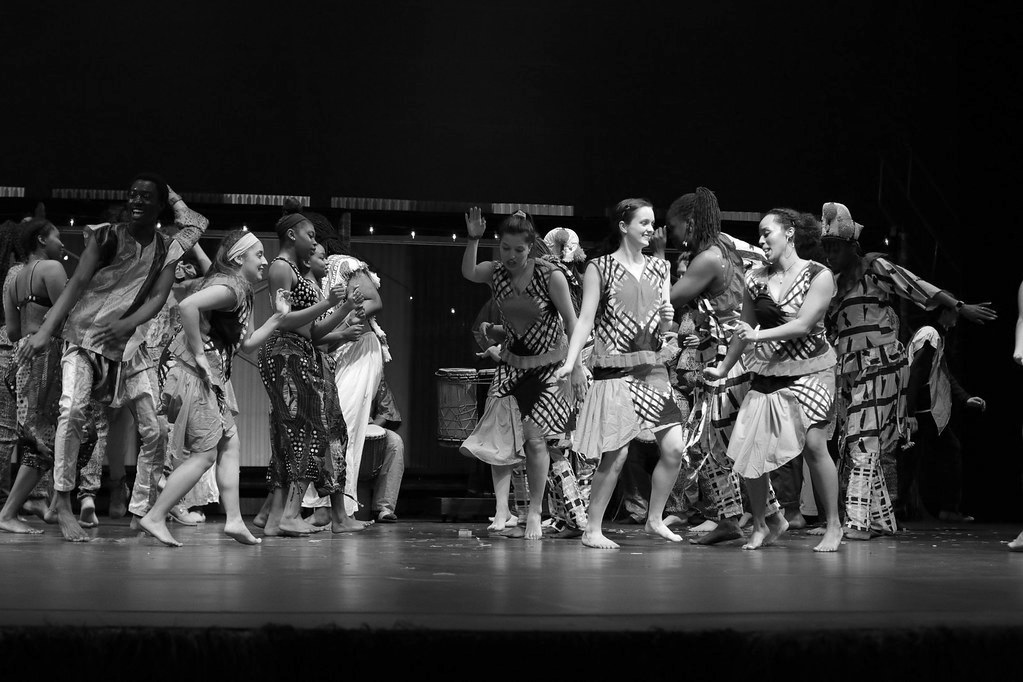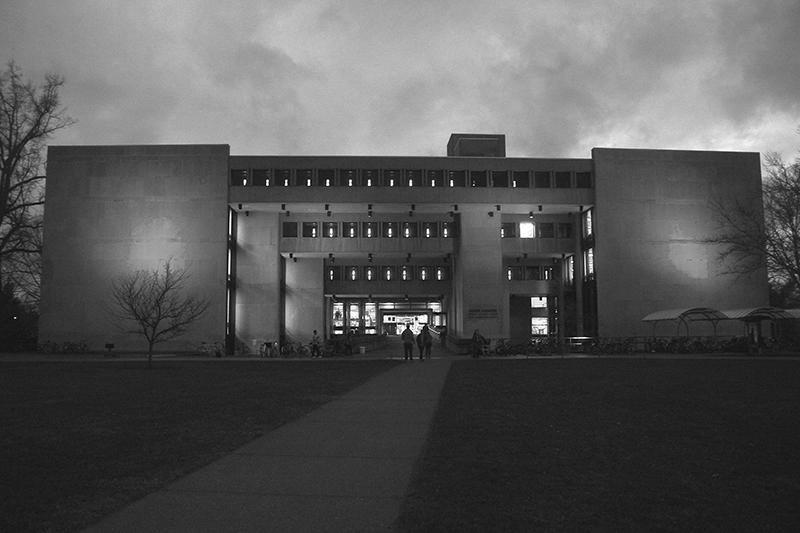This past Saturday was the 54th anniversary of the Kent State massacre. On May 4, 1970, four Kent State University students — William Knox Schroeder, Jeffrey Miller, Sandra Lee Scheuer, and Allison Krause — were shot dead by the Ohio National Guard in a parking lot on the school’s campus, located just above an open patch of grass known to locals as “the Commons.” Nine more students were injured that day, one of whom was left permanently paralyzed, by the 67 rounds fired into the crowd of student protestors. Those students had gathered, like others before and alongside them, in protest of the Vietnam War, which President Richard Nixon was in the process of expanding into neighboring Cambodia. They were also gathered, rather fittingly, to oppose the presence of a military force that had been deployed to KSU to quell their peaceful dissent.
I was fortunate enough to attend the ceremony Kent State held last weekend, where hundreds of students, alumni, professors, and community members gathered to honor the memory of those who came before them. They did so in different ways. The administration chose to continue their yearly rituals of remembrance: university leaders, including the school’s president, stood on a stage and gave speeches commemorating the four students slain half a century earlier. Meanwhile, others took the day as a call to action. On the grass, a crescent of bodies surrounded the stage, full of people holding signs and Palestinian flags, wearing keffiyehs around their necks, and listening attentively while the programming continued as planned. The protesters weren’t interested in disturbing the ceremony. They saw themselves, in some ways, as the keepers of the very legacy it was celebrating.
Immediately after the programming, protesters gathered around KSU’s victory bell and initiated a louder form of dissent. Students spoke, led chants, and read statements from various campus organizations in support of a ceasefire in Gaza and the end of oppression across historic Palestine. Though free — perhaps for obvious reasons — from the militarized police forces that have met other college protests across the U.S., KSU students’ calls for Palestinian liberation on Saturday had much of the same demands at Columbia University, at Brown University, at Case Western Reserve University, at the University of California, Los Angeles, and at Oberlin College over the past weeks.
That similarity is a testament to the gravity and unity of student voices raised recently in solidarity with Palestine. The empty words President Carmen Twillie Ambar emailed to Oberlin’s community Monday, April 29 stand in stark contrast to the genuine care and compassion embodied by hundreds of Oberlin students, who took it upon themselves to raise their voices as advocates of the more than 14,500 children killed in Gaza since Oct. 7, 2023. The abhorrent conditions present in the Gaza Strip brought on by a genocidal campaign by the Israeli government against the Palestinian population are why protesters have taken to the streets. They refuse to remain silent while their government and their schools are complicit in genocide. It is important that we do not forget that. We, as Americans, are not only responsible for the violent deaths of Palestinians by way of our tax dollars, but our own racist and colonial history which, like in Israel, continues to brutalize marginalized communities across the world and ties us firmly to the fate of all Palestine. The oppression of Palestinians is closely linked to all other forms of injustice. This is true whether we examine the British Empire’s use in Palestine of tactics it perfected against Irish rebels or American police departments receiving training in brutality from Israeli security personnel. What makes today’s protesters special is that they not only understand that connection, but they act on it out of a concern for others’ well-being.
The Kent State students I protested with recognized that memorialization is not the end of our obligations as inheritors of a world made better by those that came before us. Neither is silent and polite resignation into facile acceptance of injustice. Raising our voices in support of positive change is the best way to honor people who sacrificed everything for causes that were once considered radical. Protests at KSU did not end May 4, 1970, just as radical politics at Oberlin did not vanish in 1835 when the College first admitted Black students or in 1987 when our Board of Trustees finally agreed to divest from South African Apartheid. Oberlin’s commitments to fostering a more peaceful and equitable world are ongoing, and we have a duty to others that is not excused simply because we have been on the right side of history in the past. The people of Palestine are suffering, and our institution has the power to effect change by divesting from companies that materially support Israel’s war on Gaza. Though that change would not be enormous, it is still a simple equation that should inspire immediate action from this school’s administration.
At Kent State, the stage the president stood on as he spoke was torn down immediately after the ceremony concluded. I stood in a field speaking with fellow protesters for two hours after the chants of liberation had died down, and I watched as forklifts began to take the makeshift platform apart piece by piece. There’s something strangely poetic about that: the continued presence of activists contrasted with the transience of those who claim to be in charge. Though we try to pretend otherwise, fighting for a better world is an unending process that doesn’t stop just because one victory is achieved or one moment, however important, is eternalized. Gaps always need to be filled, and progress always needs to be protected. Celebrating the work done in the past is meaningless if we do not apply the lessons we have learned to the present. That is a phrase I have found myself telling others far more often than I should have to.
Yet it is a phrase that protesters at Kent State and Oberlin — and on college campuses across the world — have fully embodied. For the words “never again” to be anything more than empty, we need to follow their lead. I look forward to a future when a free Palestine is no longer a distant dream, and when the bravery of those who fought to make it so is celebrated instead of scorned. The children killed — in Kent and in Gaza — never asked to be martyrs. They did not offer themselves up willingly to be murdered by repressive military forces, but their deaths have rallied us to action nonetheless. May their memory live forever, and may their stories inspire justice for generations to come.




